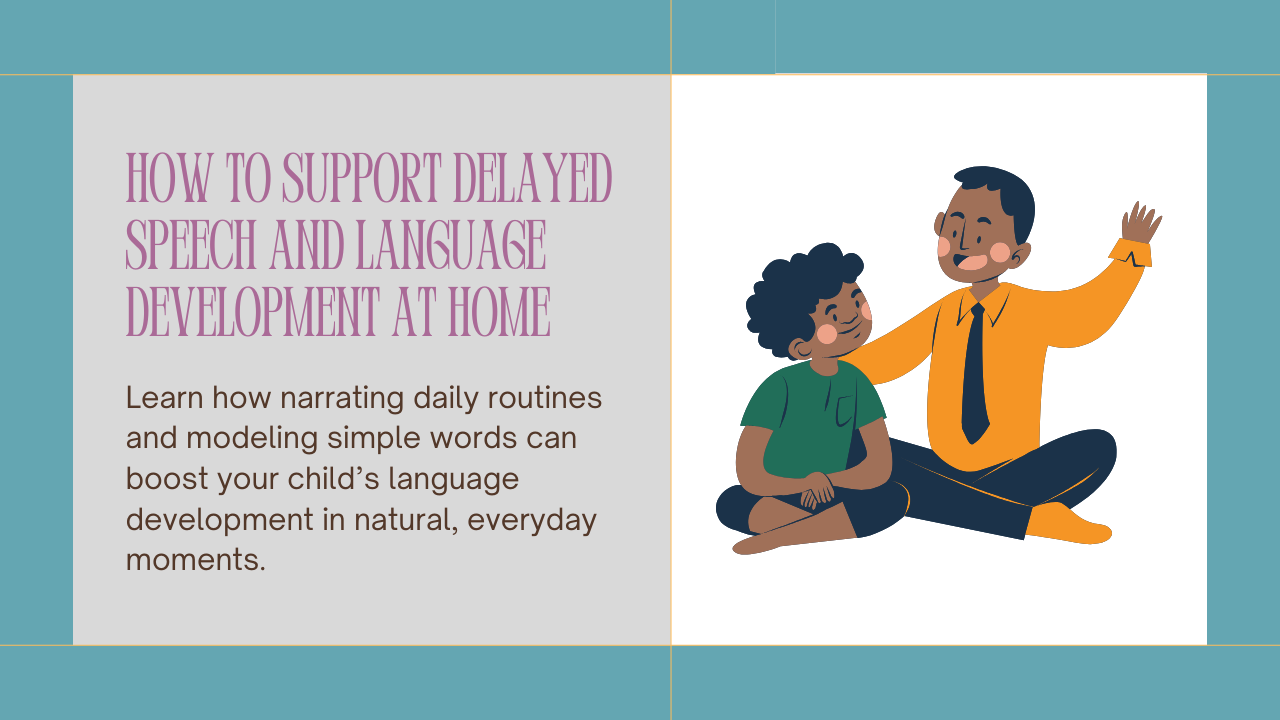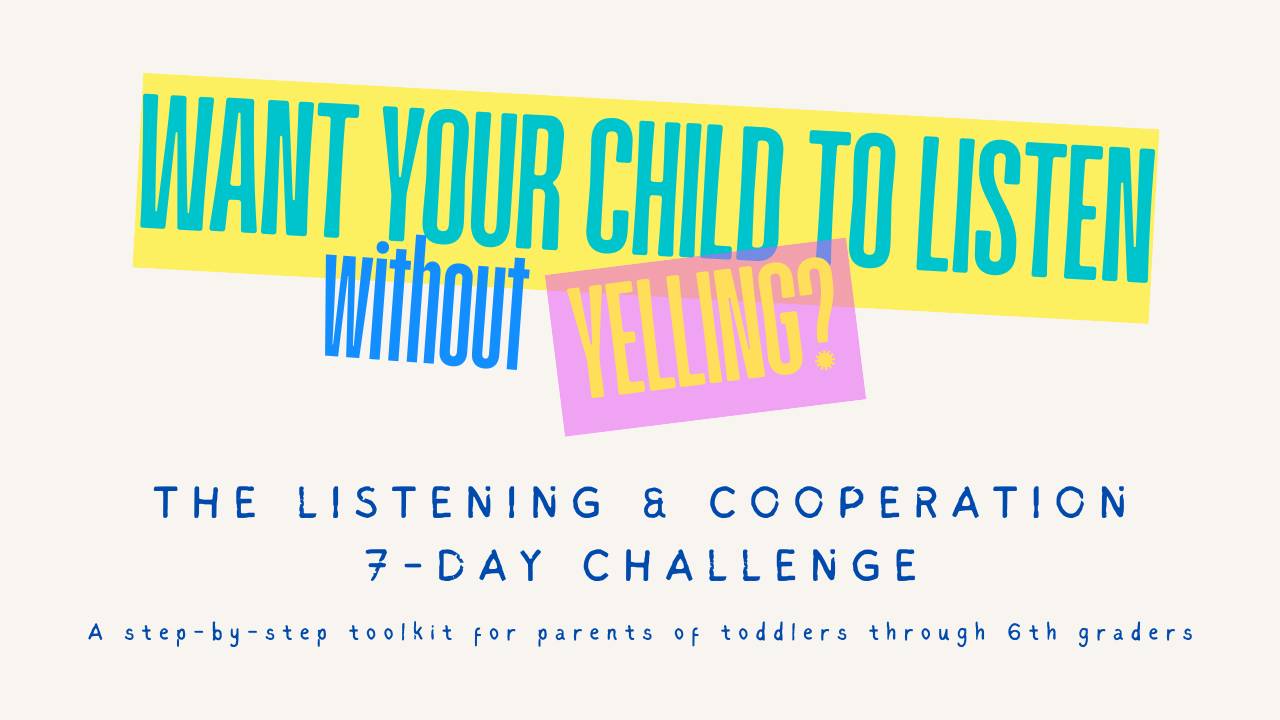How to Support Delayed Speech and Language Development at Home
Jul 07, 2025
One of the most effective ways to support your child’s communication growth is something simple you can start doing right now: narrating your day and modeling simple words.
What to Do: Narrate What You're Doing and Model Simple Words
You don’t need flashcards or fancy toys to help your child develop language. You just need your voice and your presence.
Start by talking about what you’re doing as you do it. This is called narration. For example:
- While making lunch: “I’m cutting the apple. Cut. Cut. Cut. Apple! Yum!”
- During bath time: “Splash splash! You’re washing your toes.”
Then, model simple words and phrases that are easy for your child to imitate, while pairing them with things your child wants:
- “Up!” when lifting them.
- “Juice” while handing them juice.
- “Ball!” while rolling the ball to them.
Keep your sentences short and repeat key words. Even if your child isn’t talking yet, they are taking it all in.
When to Do It: During Everyday Activities
The best part? You don’t need to carve out a special time. Just talk during daily routines:
- Mealtime
- Bath time
- Diaper changes
- Getting dressed
- Playtime
- Rides in the car or stroller
These are the perfect moments to build language in a natural and low-pressure way.
Why to Do It: Increase Language Exposure in a Natural Context
Children with delayed speech and language development often benefit from repeated exposure to words in real-life situations. When you narrate and model during everyday routines:
- Your child hears words paired with actions, objects, and emotions.
- They begin to connect the dots between what they see and what they hear.
- When you pair the words with items and actions they want, they learn that they can access those things by simply attempting to echo the words you use.
Over time, your consistent use of language helps build their vocabulary, comprehension, and confidence.
Pro Tip
You don’t need to be perfect or talk nonstop, just be intentional with your words. Extra narration throughout the day can make a big difference in your child’s speech development. If you have concerns, consider reaching out to a speech-language pathologist or a Board Certified Behavior Analyst (BCBA) for guidance and support.
Want more tips?
Download our free guide: The Ultimate Play & Language Booster Toolkit
✅ Simple tools
✅ Clear examples
✅ Parent-friendly language
Get the guide now!
UNLOCK YOUR FREE TOOLKIT NOW: ENHANCE YOUR CHILD'S PLAY & LANGUAGE SKILLS TODAY!
Simply enter your email address to get instant access.


